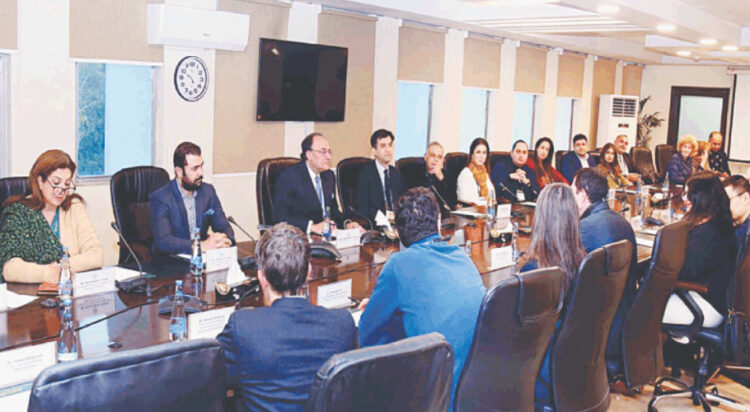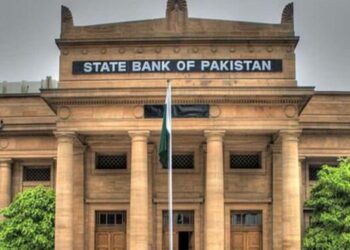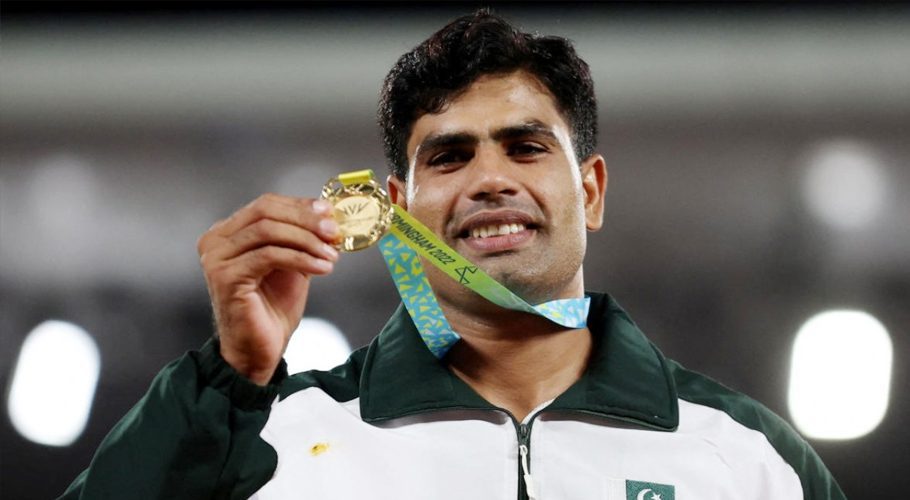Ambassador Ali Jahangir Siddiqui hosted a delegation of global experts, entrepreneurs, and business professionals to discuss Pakistan’s key challenges on Dec 9, 2024: rapid population growth and climate change.
In coordination with Finance Minister Muhammad Aurangzeb, the dialogue focused on critical policy priorities and fostering international collaboration.
Pakistan’s Economic Progress
The delegation included leaders in technology, academia, and finance, with notable participants such as Auren Hoffman, CEO of SafeGraph; Kristen Edwards Marqua of Hakluyt & Company; Michael Levi from The D.E. Shaw Group; and Dr. Jeff Chang of Rad AI. Ambassador Siddiqui explained the purpose of the visit: to gain insights into Pakistan’s socio-economic dynamics and the challenges it faces.
During the meeting, Finance Minister Aurangzeb outlined Pakistan’s recent macroeconomic developments, highlighting efforts to address twin deficits and stabilize the economy.
“Pakistan has historically struggled with twin deficits; however, due to improved export performance, the economy is now operating with a surplus in fiscal and current accounts. Foreign exchange reserves have crossed the $12 billion mark, inflation has been brought down to single digits, and the policy rate is moving in the right direction,” he stated.
Reform Agenda and Structural Challenges
The finance minister shared details of the government’s reform agenda, which includes privatization, restructuring of state-owned enterprises, and pension reforms. Addressing the delegation, he also highlighted two major challenges—rapid population growth and climate change.
“With a population growth rate exceeding 2pc, we face severe implications for food security, child stunting, and out-of-school children. Climate change exacerbates these vulnerabilities, making it imperative to secure financial and technical assistance to tackle these issues effectively,” Senator Aurangzeb noted. He added that partnerships, such as those facilitated by Ambassador Siddiqui, are vital to addressing these challenges.
Opportunities for Collaboration
The delegation acknowledged the government’s reform efforts and discussed potential areas of collaboration in innovation, investment, and financial inclusion. They also expressed interest in identifying opportunities for sustainable development in Pakistan.
Responding to a question on implementing IMF requirements and structural reforms, the minister stated, “The ability and commitment to carry out reforms are essential. While we have significant work ahead, as long as we maintain commitment and momentum, and stay the course, we will achieve the desired outcomes.” He also noted discussions with international partners, such as World Bank President Ajay Banga, to address these issues.
Strengthening Global Partnerships
Addressing another query, the finance minister emphasized the private sector’s role in driving economic growth. “Policy frameworks and continuity are the government’s responsibility, but the private sector must lead the economy. The government’s focus is on creating an enabling environment to support this transition,” he stated.
The meeting concluded with a mutual agreement to strengthen US-Pakistan cooperation in addressing economic reforms and global challenges. Combining international expertise, Ambassador Siddiqui reiterated his commitment to advancing Pakistan’s strategic objectives, including climate action and population management.
The dialogue facilitated by Ambassador Ali Jahangir Siddiqui underscores the importance of global partnerships in addressing Pakistan’s socio-economic vulnerabilities and developing a sustainable growth roadmap.






































